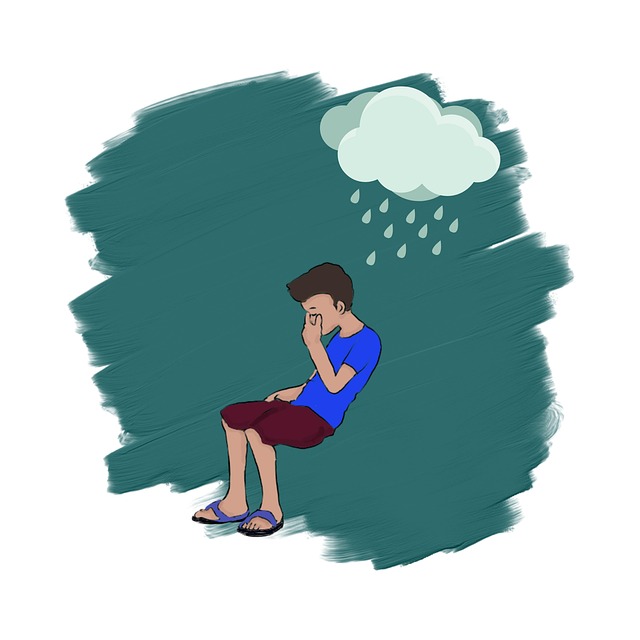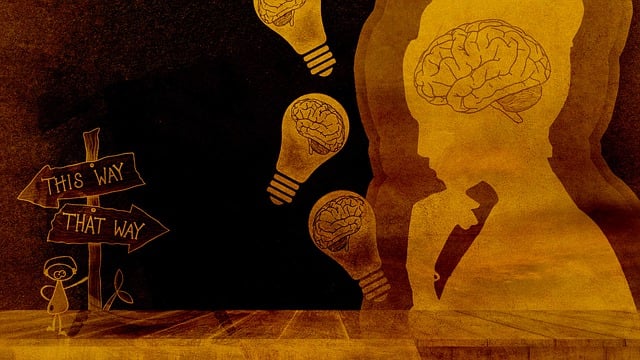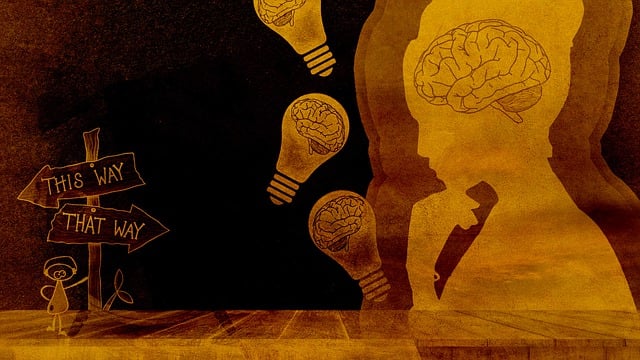Castle Rock Child Abuse Therapy focuses on empowering children with tailored coping skills to navigate stress, trauma, and adversity. Utilizing evidence-based methods like CBT and self-esteem enhancement, they help young minds manage emotions, improve communication, and build resilience. By identifying emotional triggers and fostering social connections, the therapy equips individuals with practical tools for emotional regulation, enhancing their ability to confront future challenges while promoting robust mental health.
Coping skills development is a vital process, especially for children navigating life’s challenges. This article explores effective strategies to build resilience in young minds. We delve into the role of Castle Rock Child Abuse Therapy, which offers specialized techniques to teach coping mechanisms. From identifying emotional triggers to cognitive behavioral therapies, each section uncovers powerful tools. Additionally, we emphasize the significance of social support systems, highlighting their crucial impact on a child’s overall well-being and ability to cope with trauma and stress.
- Understanding Coping Skills: Building Resilience in Children
- The Role of Castle Rock Child Abuse Therapy in Teaching Effective Coping Strategies
- Identifying Emotional Triggers and Healthy Coping Mechanisms
- Cognitive Behavioral Techniques for Coping with Trauma and Stress
- Nurturing Social Support Systems: A Key Component of Coping Skills Development
Understanding Coping Skills: Building Resilience in Children

Coping skills are essential tools for children to navigate life’s challenges and build resilience. Understanding these skills involves recognizing that every child has a unique way of responding to stress, trauma, or difficult situations. Castle Rock Child Abuse Therapy emphasizes the importance of teaching young minds effective coping strategies to enhance their emotional well-being.
By incorporating communication strategies and self-esteem improvement techniques, children can learn to manage their emotions, express themselves healthily, and develop a positive sense of self. These skills are vital for preventing burnout, especially when faced with adverse experiences. Through play therapy, counseling, or other therapeutic approaches, children can explore and build their resilience, ensuring they have the tools to cope with future challenges and fostering overall mental health.
The Role of Castle Rock Child Abuse Therapy in Teaching Effective Coping Strategies

Castle Rock Child Abuse Therapy plays a pivotal role in equipping young individuals with essential coping skills to navigate life’s challenges effectively. Their specialized programs are designed to foster mental wellness and resilience, addressing past traumas while imparting practical tools for emotional regulation. Through innovative therapy techniques, such as Cognitive Behavioral Therapy (CBT) and Mental Wellness Coaching Programs Development, Castle Rock Child Abuse Therapy helps clients unlock their inner strength.
This therapeutic approach goes beyond traditional counseling by integrating Social Skills Training to enhance interpersonal connections and overall well-being. By teaching effective coping strategies, these programs empower individuals to manage stress, anxiety relief, and emotional distress in healthy ways. The result is a holistic transformation, enabling clients to confront life’s hurdles with newfound confidence and adaptability.
Identifying Emotional Triggers and Healthy Coping Mechanisms

Identifying emotional triggers is a crucial step in developing effective coping skills. In Castle Rock Child Abuse Therapy, professionals often guide individuals to recognize the signs and patterns of distressing emotions. This process involves understanding what specifically evokes strong reactions, whether it’s certain situations, memories, or interactions with others. By identifying these triggers, individuals can start to build awareness, a vital component in managing their emotional well-being.
Healthy coping mechanisms are essential tools to navigate life’s challenges. Trauma Support Services promote techniques like mindfulness, self-care practices, and creative outlets to foster resilience. For example, engaging in physical activity, practicing deep breathing exercises, or expressing oneself through art can serve as constructive ways to process emotions without resorting to unhealthy behaviors. Self-esteem improvement is often linked to these coping strategies, as they empower individuals to take charge of their emotional responses and create a more positive self-image.
Cognitive Behavioral Techniques for Coping with Trauma and Stress

Cognitive Behavioral Techniques (CBT) offer powerful tools for individuals coping with trauma and stress. This evidence-based approach helps people identify and challenge negative thought patterns that can exacerbate emotional distress, providing a more balanced perspective. By focusing on the connection between thoughts, feelings, and behaviors, CBT empowers individuals to manage their reactions to traumatic or stressful events effectively.
In the context of Castle Rock Child Abuse Therapy, CBT techniques are tailored to meet the unique needs of survivors. This may include teaching coping strategies such as mindfulness exercises, self-awareness practices encouraged by Stress Management Workshops Organization, and compassion cultivation activities. These methods enable individuals to develop resilience, enhance their ability to regulate emotions, and promote healthy ways of processing traumatic memories.
Nurturing Social Support Systems: A Key Component of Coping Skills Development

Nurturing strong social support systems is a fundamental aspect of developing effective coping skills. At Castle Rock Child Abuse Therapy, we understand that children and adolescents who have experienced trauma or abuse often struggle with emotional regulation and healthy relationship dynamics. Building a supportive network can significantly contribute to their healing process. This includes connecting with peers, family members, or even therapy groups where individuals can share experiences, offer comfort, and provide practical assistance during challenging times. These relationships foster a sense of belonging and safety, empowering individuals to cope with stress and adversity in more positive ways.
Through social support systems, individuals gain access to diverse perspectives, emotional validation, and encouragement. Participation in Stress Management Workshops organized by such therapy centers can further equip them with tools for managing anxiety and building resilience. Additionally, engaging in Confidence-boosting activities within these groups can help individuals reclaim their sense of self-worth and empowerment. Ultimately, nurturing social connections is a powerful tool in the development of robust coping skills, promoting long-term mental well-being.
In conclusion, developing effective coping skills is vital for children’s resilience and well-being. By understanding emotional triggers and utilizing healthy mechanisms, such as cognitive behavioral techniques and nurturing social support, kids can navigate trauma and stress with increased strength. Castle Rock Child Abuse Therapy plays a crucial role in teaching these strategies, empowering young individuals to thrive despite challenges. Through comprehensive approaches, children gain the tools to build resilience and lead fulfilling lives.














